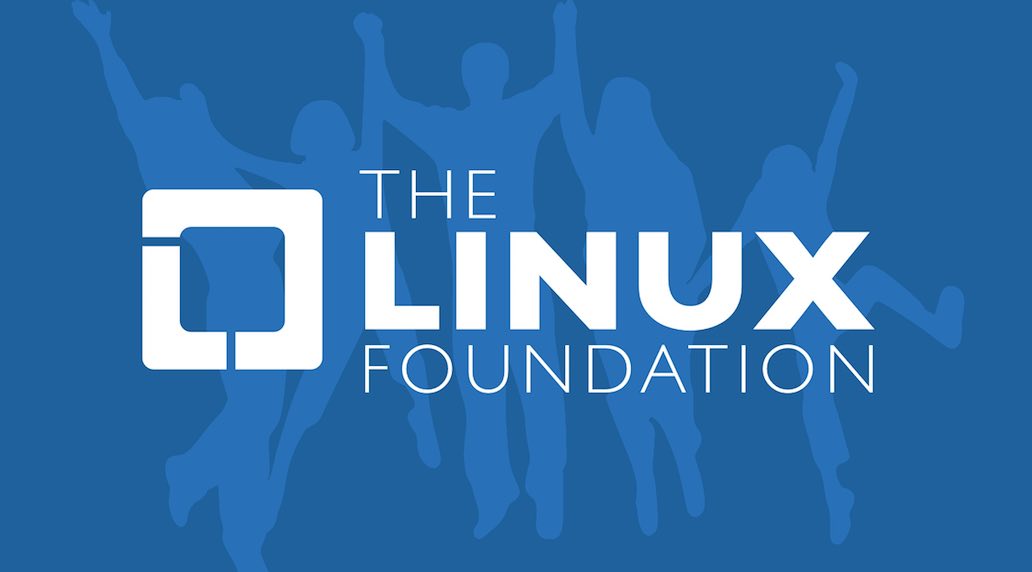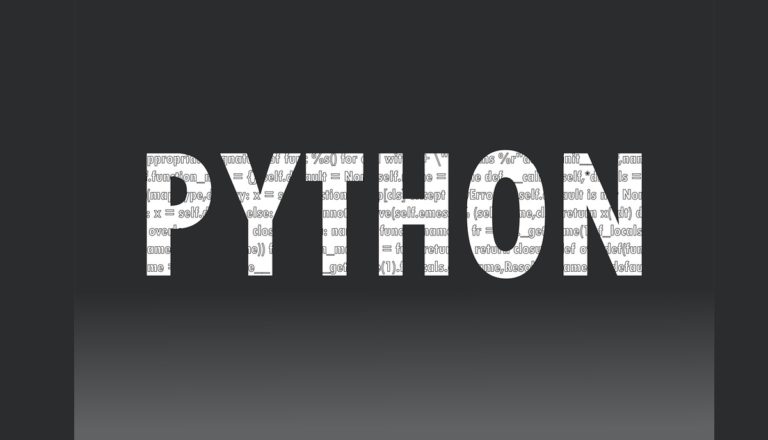Why Is Linux Foundation’s Latest Change A Bad News For Linux And Open Source?

 Short Bytes: Up until recently, the Linux Foundation allowed the individual members to elect two board members and ensure that the voice of Linux community is considered at the board meetings. In a shocking change, the Foundation has erased this clause and decided to benefit the corporate companies rather that whole community.
Short Bytes: Up until recently, the Linux Foundation allowed the individual members to elect two board members and ensure that the voice of Linux community is considered at the board meetings. In a shocking change, the Foundation has erased this clause and decided to benefit the corporate companies rather that whole community.
A recent change in the way Linux Foundation elects its representatives has sparked a controversy in the Linux and open source community. Before telling you about the change in representation that was uncovered by Mattew Garrett, a kernel contributor and social activist, I’ll be telling you how Linux Foundation’s board was chosen just a week ago.
Up until how were Linux Foundation board members elected?
10 by platinum members (platinum membership costs $500,000 a year), 3 by gold members (gold membership costs $100,000 a year), 1 by silver members (silver membership costs between $5,000 and $20,000 a year, depending on company size), and 2 by individual members (individual membership costs $99 a year)
The Linux Foundation, understandably, needs funds from platinum, gold, and silver members to operate and work in order to propagate Linux and the open source philosophy. Additionally, the election of two board members by individual members helped to bring in the community perspectives into the decision-making at the board level.
Change in the community representation in Linux Foundation board
Matthew Garrett noticed a big change in the community representation this Friday. Organization’s by-laws were amended to erase the provision of the selection of 2 board members by individual members. The new version of by-laws states that no affiliate member may be involved in the election of directors. Read the older version here and compare.
This change is also reflected in the definition of affiliate members and advantages provided to them. Known as “Individual Membership” until last year, it gave you “the ability to run for and vote for a Linux Foundation board seat and influence the direction of the foundation”. The plan has been revised to bring a weaker position called “Individual Supporter“, taking away the voting rights of individual members.

Coincidently, everything happened after Karen Sandler — executive director of Software Freedom Conservancy, an organization working for GPL enforcement — announced her plan to stand for the Linux Foundation board membership. Notably, the Linux Foundation hasn’t shown much excitement about GPL enforcement in the past and the SFC is itself funding a lawsuit against one member of Foundation for violating GPL terms.
This could be one of those just-a-coincidence incidents, but it seems that the Linux Foundation doesn’t like the community representation anymore in its board. This step also raises questions on Foundation and its love for corporates.
This negative step ignores the Linux community that performs an important task of writing parts of Linux kernel and promoting it. I wonder what Linus Torvalds has to say about this issue. Most importantly, what are your feeling about this change in Linux Foundation’s policies? Do tell us in the comments below.
Also read: Security Tips by the Expert: How Linux Foundation Protects its Computers






